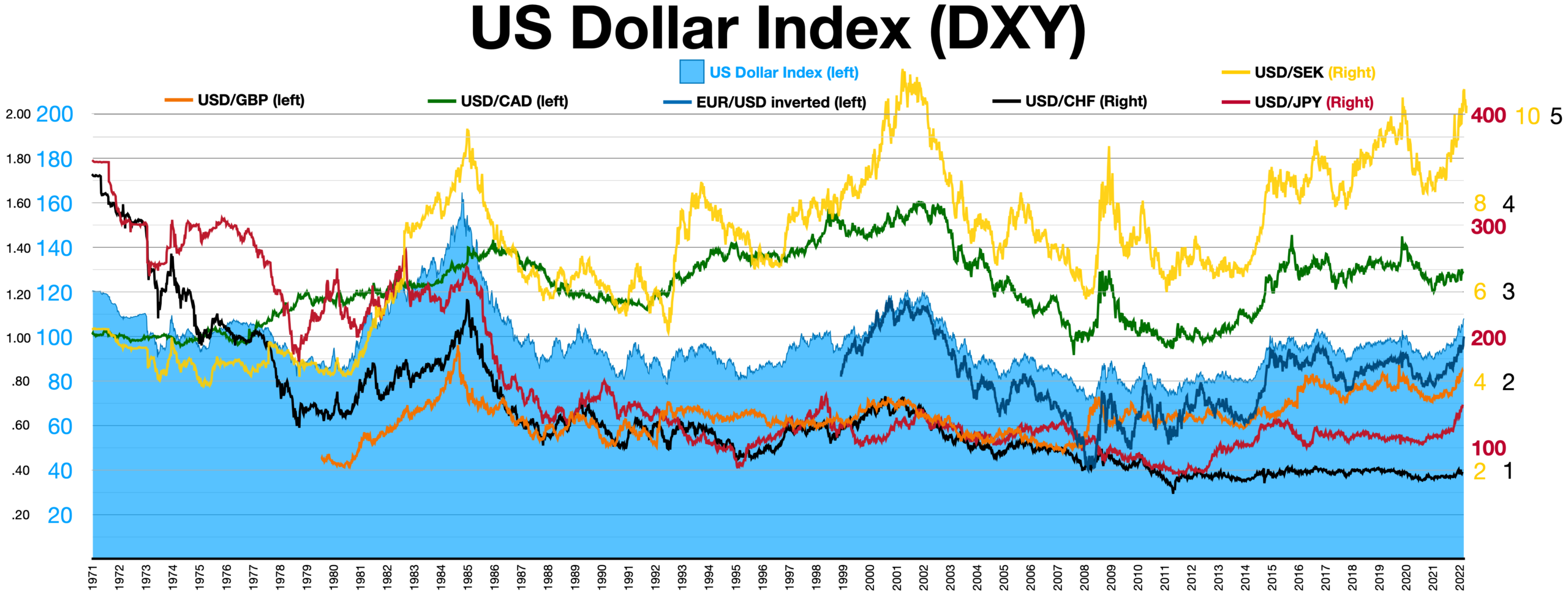Television is more than just entertainment; it plays a crucial role in shaping cultural norms and values. From sitcoms to dramas, TV shows influence how we perceive the world around us. This article examines the ways television affects society, identity, and cultural values.

1. Reflection of Society
Mirroring Real Life
Television often reflects the realities of society. Shows like The Office and Modern Family depict everyday life, allowing viewers to see themselves in the characters. This representation can validate personal experiences and promote understanding.
Addressing Social Issues
Many TV shows tackle important social issues such as racism, gender equality, and mental health. For example, 13 Reasons Why brought attention to teenage struggles and mental health awareness. By highlighting these topics, television encourages conversations and raises awareness.
2. Shaping Identity
Influencing Self-Perception
Characters on TV can influence how viewers see themselves. Shows that feature strong, diverse characters can empower individuals and foster positive self-images. For instance, Black Panther and Crazy Rich Asians celebrate cultural identity and representation, inspiring pride among viewers.
Role Models and Aspirations
Television often presents characters as role models. When audiences identify with these figures, they may aspire to emulate their values or behaviors. For example, shows like Parks and Recreation promote civic engagement and community involvement, encouraging viewers to take action in their own lives.
3. Promoting Cultural Norms
Defining Relationships
TV shows play a significant role in shaping our understanding of relationships. Romantic comedies often depict idealized love stories, influencing viewers’ expectations about romance. Series like Friends and How I Met Your Mother have set standards for friendship and dating in popular culture.
Normalizing Behaviors
Television can normalize certain behaviors and lifestyles. For instance, shows that feature LGBTQ+ characters, like Will & Grace and Pose, have helped to normalize these identities and foster acceptance. As viewers see diverse relationships portrayed positively, it encourages open-mindedness in society.
4. Impact on Language and Communication
Shaping Language Trends
Television influences language and communication styles. Catchphrases and slang from popular shows often enter everyday conversation. Phrases like “Winter is Coming” from Game of Thrones or “How you doin’?” from Friends have become part of popular culture.
Changing Communication Norms
TV can also shape how we communicate with each other. Reality shows, for example, often showcase conflict and drama, leading some viewers to adopt similar confrontational styles in their own lives. This portrayal can affect social interactions and expectations.
5. Globalization and Cultural Exchange
Sharing Diverse Cultures
Television provides a platform for cultural exchange. Shows from different countries, such as Money Heist from Spain or Squid Game from South Korea, expose audiences to new perspectives and traditions. This globalization promotes understanding and appreciation of diverse cultures.
Challenging Stereotypes
Television can challenge stereotypes by presenting nuanced characters and stories. By breaking down misconceptions about different cultures, TV fosters empathy and encourages viewers to question their own biases.
6. The Role of Advertising
Influencing Consumer Behavior
Television advertising plays a significant role in shaping cultural values and consumer behavior. Ads often reflect societal norms and expectations, promoting ideals of beauty, success, and lifestyle. This influence can drive viewers to aspire to certain standards.
Promoting Trends
TV advertisements often introduce new trends and products, shaping what is considered desirable. When popular shows feature specific brands or lifestyles, viewers may feel compelled to adopt similar habits or preferences.
Conclusion
Television is a powerful medium that shapes cultural norms and values. By reflecting society, influencing identity, promoting diverse perspectives, and guiding communication, TV plays a significant role in our lives. As we navigate the complex landscape of modern media, it’s essential to recognize the influence of television on our perceptions and values. Understanding this impact can help us engage more critically with the content we consume and encourage a more inclusive and open-minded society.









